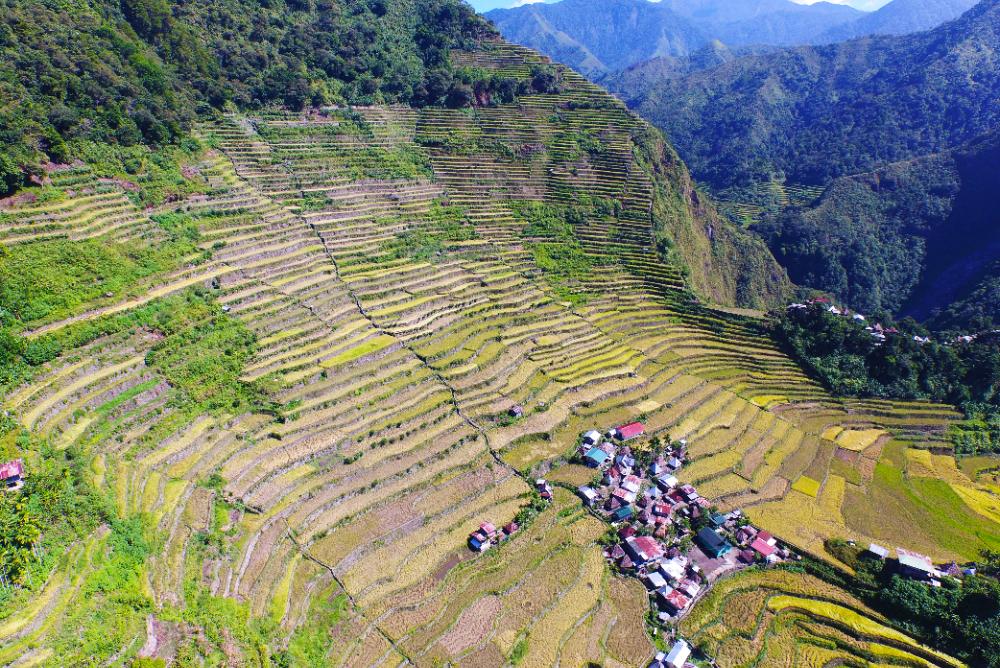Reves Center for International Studies Events
[PAST EVENT] Anthropology Brown Bag: "Co-opting Colonialism: Archaeology of Philippine Indigenous History"

The archaeology of colonialism is now at the forefront of scholarly interests in highlighting the role of indigenous populations as their societies have come under the control of colonial powers, and as they have resisted colonialism and imperialism. There is an increase in focus on showing the ability of colonized peoples to maintain their culture even when they seem to be overwhelmed by colonial policies. This presentation intends to contribute to this new direction by focusing on the archaeology of colonial encounters and entanglements between Spanish administrators and indigenous peoples of the Philippines. By using the Ifugao as a case study, I aim to redirect the focus on accommodation, arguing that the Ifugao made decisions that benefited them, including strategies by which they took part in the colonial enterprise. I utilize the concept of “Pericolonialism,” to argue that groups in the margins of the colonized world responded creatively to the pressures exerted by imperial powers. This goes against the grain of the popular narratives that describe the Ifugao as “uncolonized,” and incapable of agency. More importantly, I emphasize accommodation as an advantageous and resilient response among indigenous groups in the Philippines.
Stephen Acabado is associate professor of anthropology at UCLA. He received his PhD and MA in Anthropology from the University of Hawaii-Mnoa and his BA in Anthropology from the University of the Philippines-Diliman. His archaeological investigations in Ifugao, northern Philippines, have established the recent origins of the Cordillera Rice Terraces, which were once known to be at least 2,000 years old. Dr. Acabado directs the Ifugao Archaeological Project, a collaborative research program between the University of the Philippines-Archaeological Studies Program, the National Museum of the Philippines, the University of California-Los Angeles, and the Save the Ifugao Terraces Movement, Inc (SITMo). Dr. Acabado’s work revolves around agricultural systems, indigenous responses to colonialism, subsistence shifts, landscape archaeology, and heritage conservation. He is a strong advocate of an engaged archaeology where descendant communities are involved in the research process. He also directs the Bicol Archaeological Project, which looks at Iberian colonialism in the Philippines. More recently, he has embarked on a project to engage indigenous Taiwanese groups through the Indigenous Taiwan History and Landscape Project.
